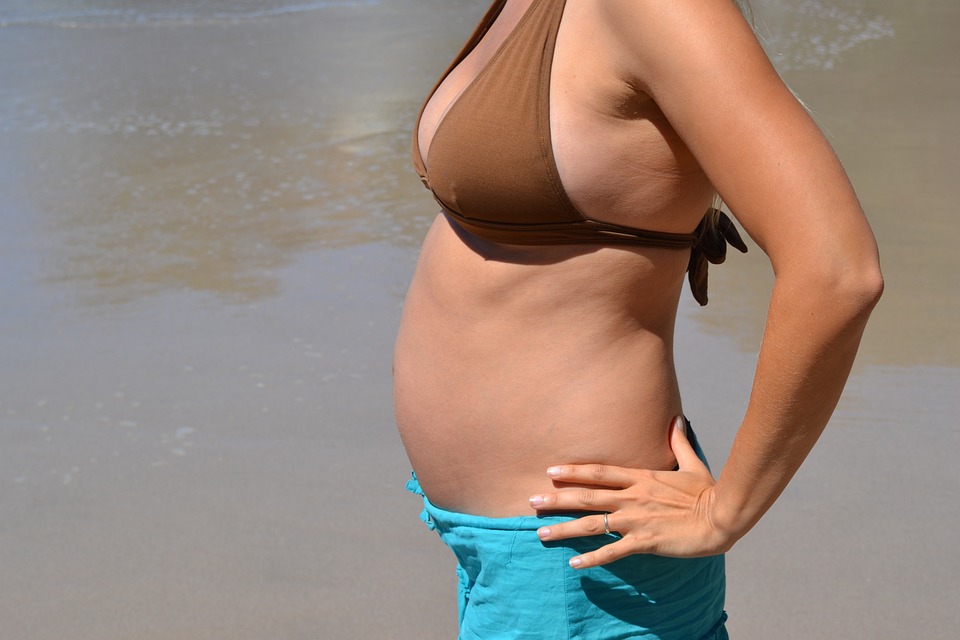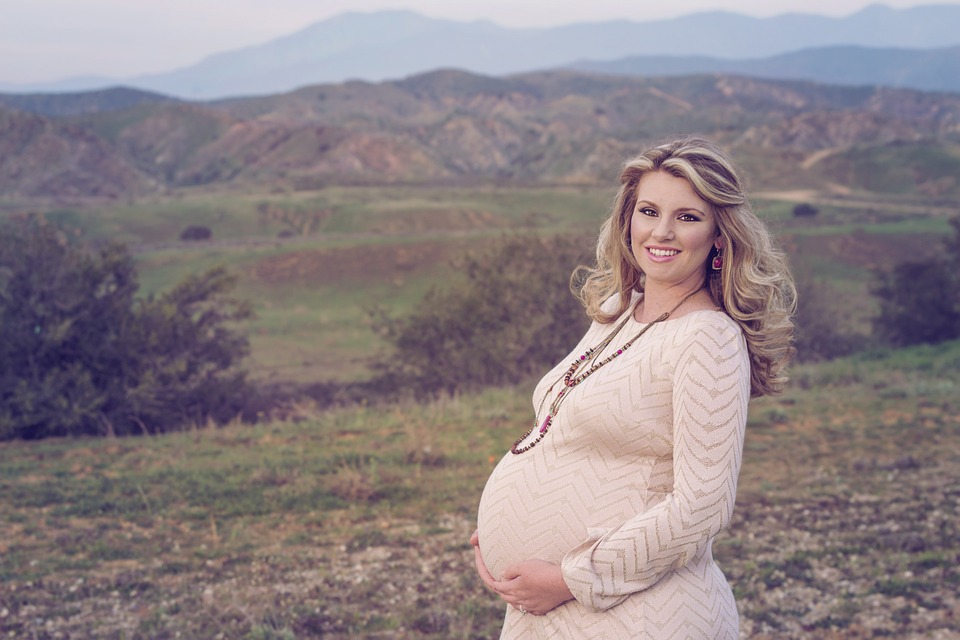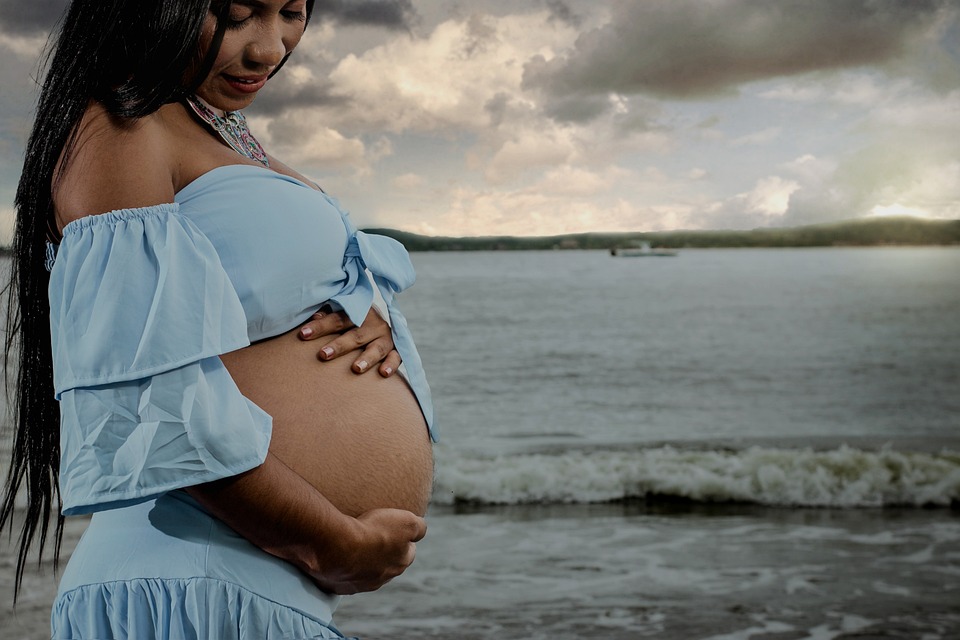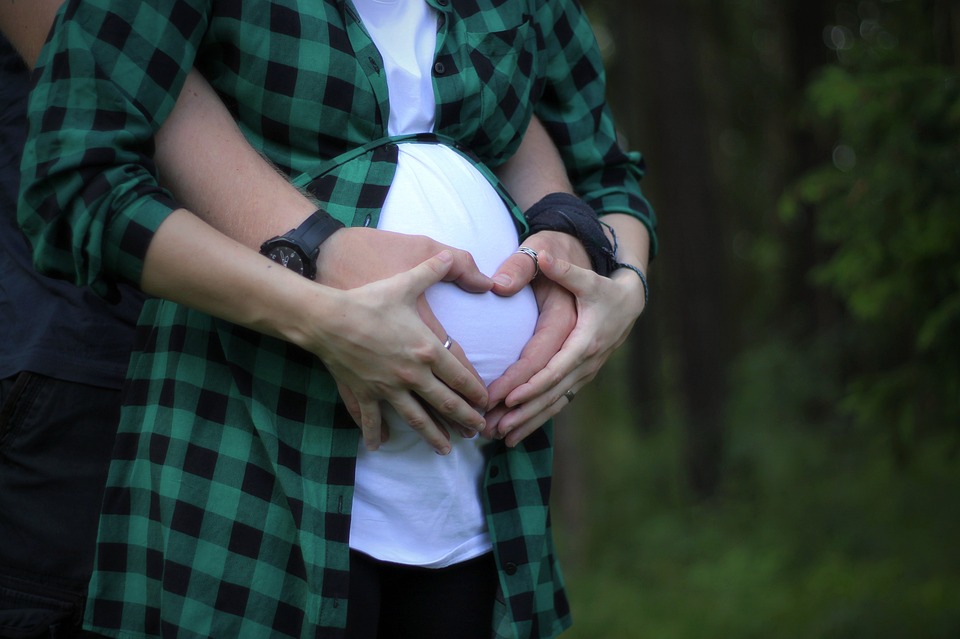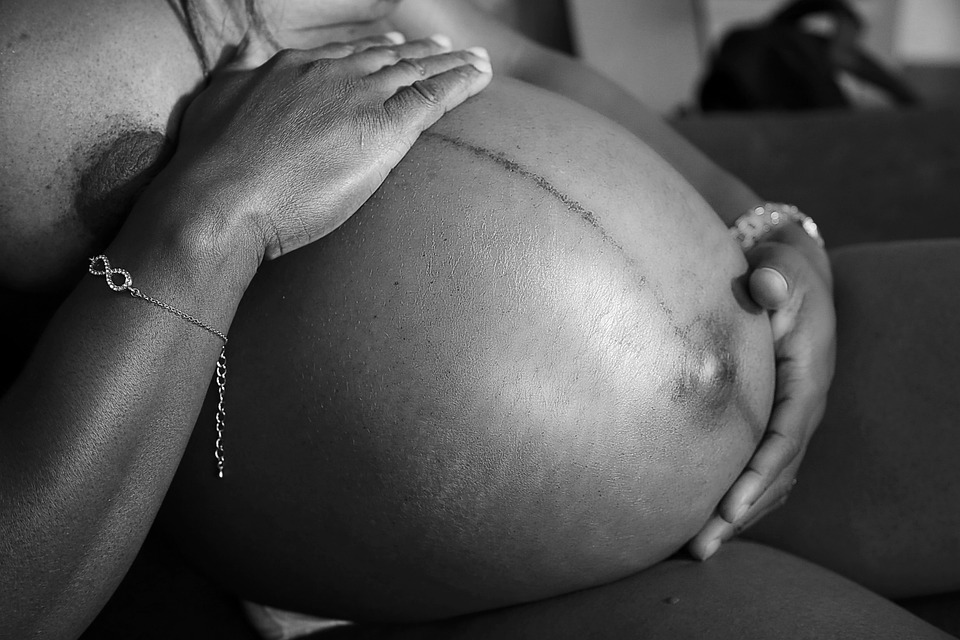
Pregnancy is a special time in a woman’s life when she must pay extra attention to her diet in order to ensure the health of her baby. A balanced and nutritious diet is crucial during pregnancy as it not only supports the growth and development of the baby, but also helps the mother stay healthy and strong throughout the pregnancy. In this article, we will discuss some important do’s and don’ts of pregnancy diet for moms-to-be.
The Do’s of Pregnancy Diet:
1. Eat a variety of foods: A healthy pregnancy diet should include a wide range of foods from all food groups including fruits, vegetables, whole grains, lean proteins, and healthy fats. This will help ensure that you are getting all the essential nutrients that you and your baby need.
2. Stay hydrated: It is important to drink plenty of water throughout the day to stay hydrated and support the increased blood volume and amniotic fluid that are essential for a healthy pregnancy.
3. Get enough folic acid: Folic acid is a vital nutrient that helps prevent neural tube defects in the baby. It is recommended that pregnant women consume 600 micrograms of folic acid daily through foods such as leafy green vegetables, citrus fruits, fortified cereals, and supplements.
4. Increase your iron intake: Iron is crucial during pregnancy as it helps support the increased blood volume and prevent anemia. Good sources of iron include lean meats, poultry, fish, lentils, and fortified cereals.
5. Include calcium-rich foods: Calcium is important for the baby’s bone development. Include dairy products, fortified plant-based milks, dark green leafy vegetables, and calcium-fortified foods in your diet.
6. Eat small, frequent meals: Eating small, frequent meals throughout the day can help prevent nausea, heartburn, and fatigue often experienced during pregnancy.
7. Snack on healthy options: Opt for healthy snacks such as fruits, nuts, yogurt, or whole grain crackers to keep hunger at bay and provide essential nutrients.
8. Stay active: Regular physical activity during pregnancy can help improve your mood, energy levels, and overall health. Engage in activities such as walking, swimming, prenatal yoga, or Pilates.
The Don’ts of Pregnancy Diet:
1. Avoid raw or undercooked foods: Pregnant women should avoid consuming raw or undercooked meats, poultry, seafood, eggs, and unpasteurized dairy products as they can increase the risk of foodborne illnesses.
2. Limit caffeine intake: While moderate caffeine consumption is generally considered safe during pregnancy, it is recommended to limit your intake to less than 200 milligrams per day. Avoid high-caffeine drinks such as energy drinks and limit coffee intake.
3. Say no to alcohol: Alcohol consumption during pregnancy can harm the baby’s development and increase the risk of birth defects. It is best to avoid alcohol entirely during pregnancy.
4. Limit processed and high-sugar foods: Processed foods, sugary snacks, and drinks can provide empty calories and contribute to weight gain. Focus on nutrient-dense foods that provide essential vitamins and minerals.
5. Avoid excess fish consumption: While fish is a good source of protein and omega-3 fatty acids, some types of fish contain high levels of mercury that can be harmful to the baby’s developing nervous system. Limit your intake of high-mercury fish such as swordfish, shark, king mackerel, and tilefish.
6. Skip the unpasteurized foods: Pregnant women should avoid consuming unpasteurized dairy products, soft cheeses, and juices as they can contain harmful bacteria that can cause foodborne illnesses.
7. Be cautious with herbal teas and supplements: Some herbal teas and supplements may not be safe for pregnant women. Consult with your healthcare provider before consuming any herbal teas or supplements during pregnancy.
8. Avoid excessive weight gain: While weight gain is a natural part of pregnancy, excessive weight gain can increase the risk of complications such as gestational diabetes, high blood pressure, and delivery complications. Aim to gain a healthy amount of weight based on your pre-pregnancy BMI.
In conclusion, eating a healthy and balanced diet during pregnancy is essential for the health and well-being of both the mother and the baby. By following the do’s and don’ts of pregnancy diet mentioned above, moms-to-be can ensure that they are providing their bodies with the necessary nutrients to support a healthy pregnancy and a healthy baby. Remember to consult with your healthcare provider for personalized nutrition advice and guidelines throughout your pregnancy journey.

